8 GPTs for Magical Lore Powered by AI for Free of 2026
AI GPTs for Magical Lore are specialized versions of Generative Pre-trained Transformers designed to cater to tasks and topics within the realm of magical lore. These tools leverage advanced machine learning algorithms to generate, analyze, and process content related to magical narratives, characters, and theories. They are adept at understanding and producing language-based outputs that align with the imaginative and often complex nature of magical lore, offering tailored solutions for creative storytelling, academic research, and interactive experiences within this niche.
Top 8 GPTs for Magical Lore are: Harry Potter,Potter GPT,Potterpedia,Harry Potter Oracle,Spellbound Snape,Harry Potter IQ,伊莉雅,Harry Potter Guide - Magical Edition
Harry Potter
Explore Magic with AI-Powered Harry

Potter GPT
Bringing Magic to Your Fingertips with AI
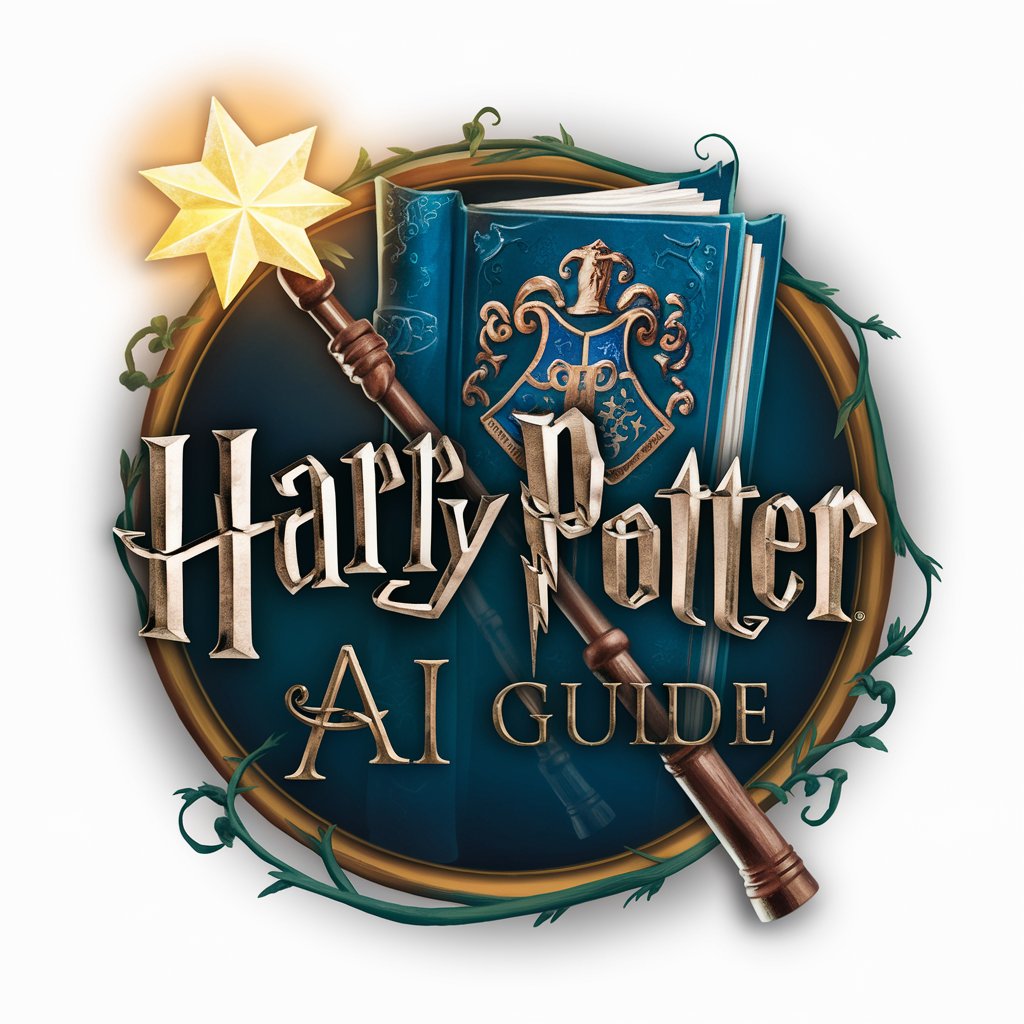
Potterpedia
Your AI-powered guide to the Wizarding World
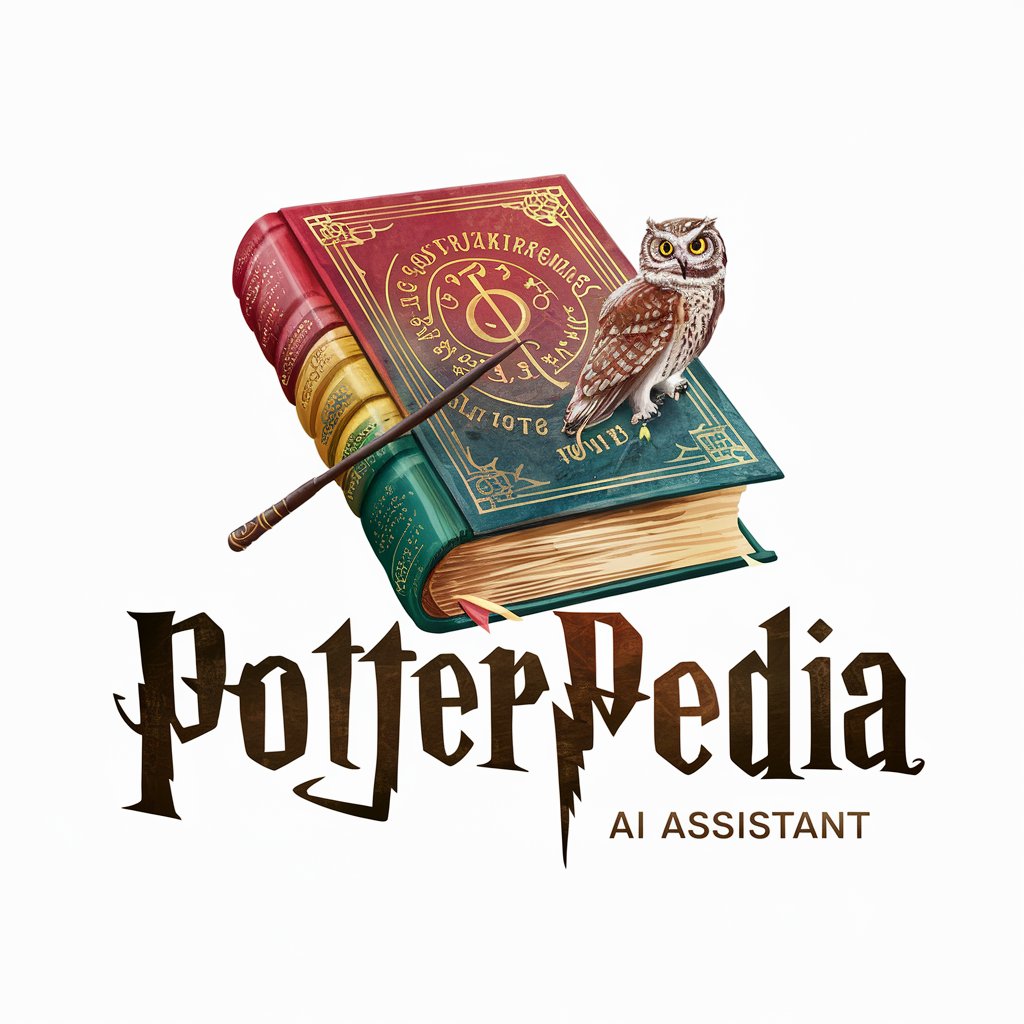
Harry Potter Oracle
Unlocking the Magic with AI
Spellbound Snape
Unleash the magic within, powered by AI

Harry Potter IQ
Unravel the magic with AI-powered Harry Potter insights.
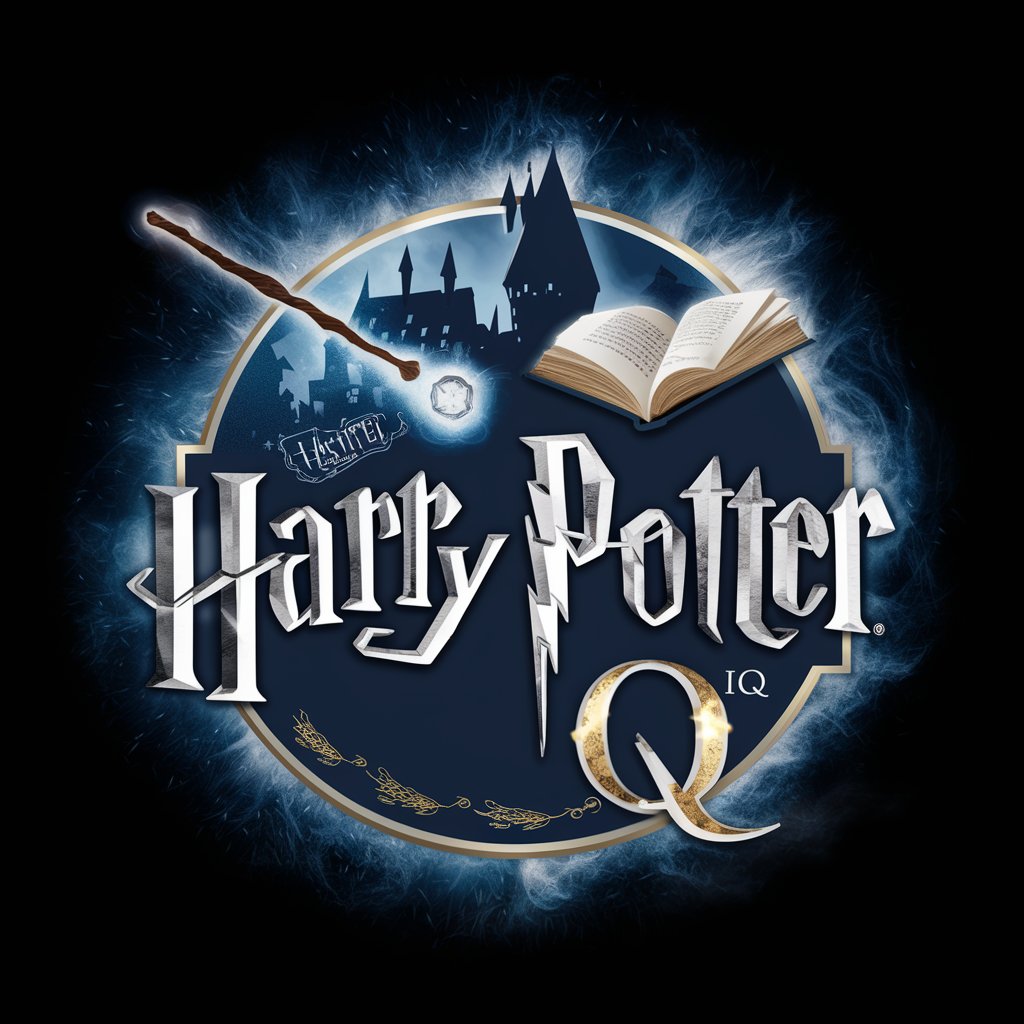
伊莉雅
Unveil the Mysteries of Magic and Strategy
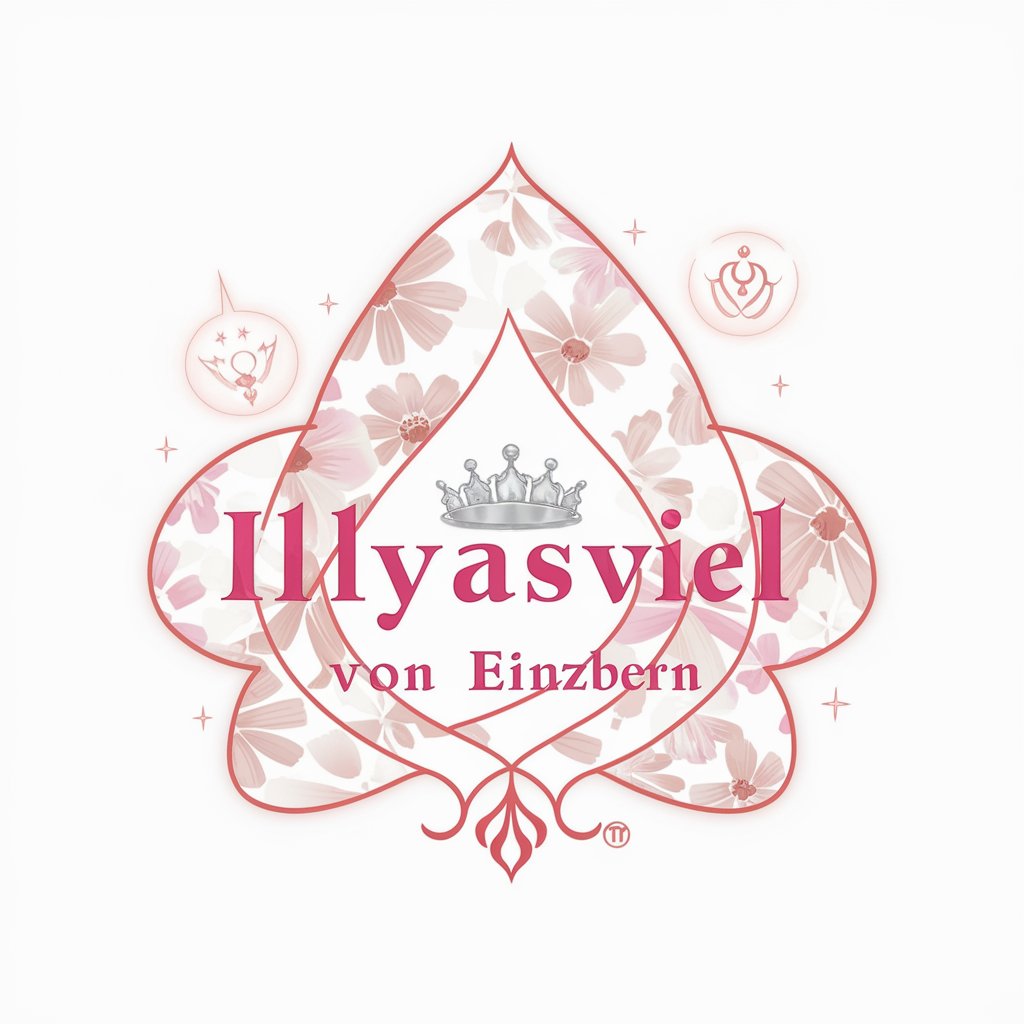
Harry Potter Guide - Magical Edition
Unlock the magic of Harry Potter with AI.
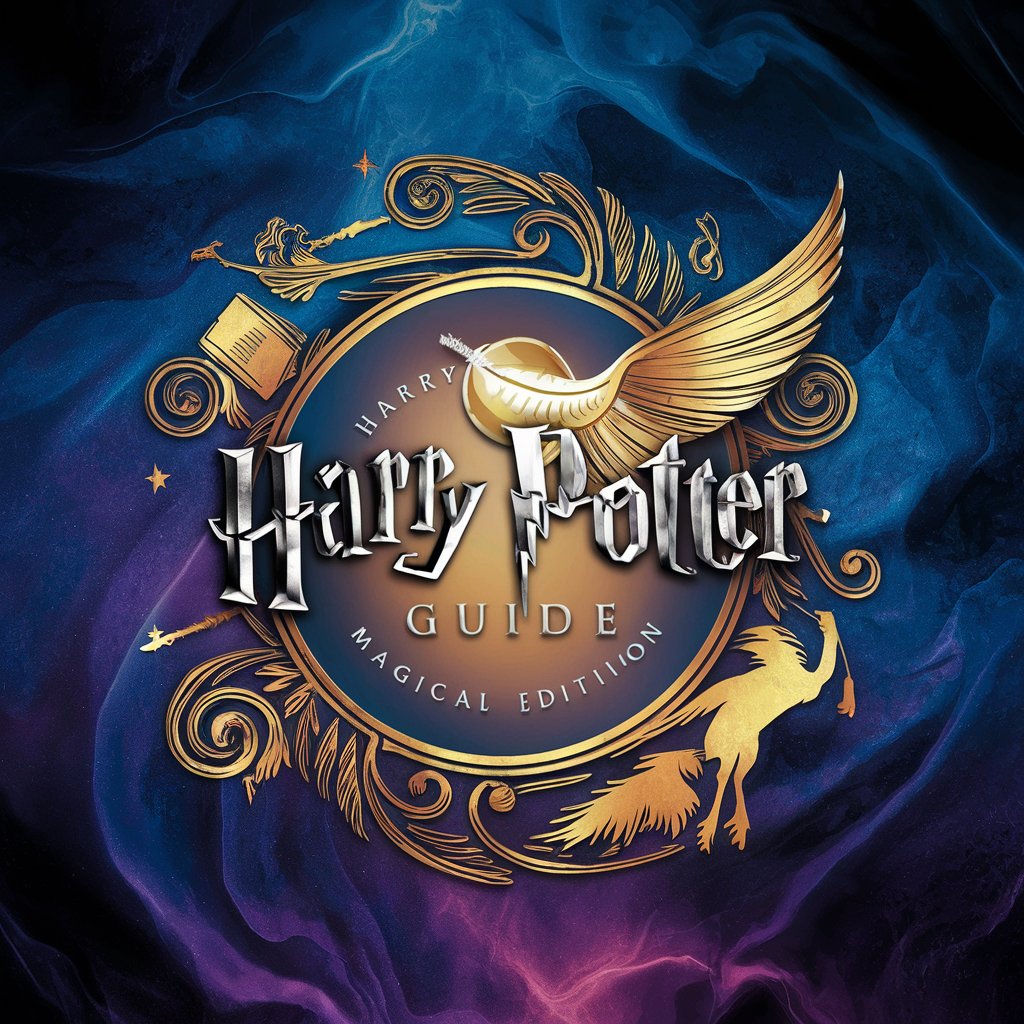
Distinctive Attributes of Magical Lore GPTs
These AI tools are characterized by their adaptability to handle a wide range of functions related to magical lore, from generating enchanting stories to deciphering ancient magical texts. Key features include sophisticated language learning capabilities, technical support for both text and image creation, and data analysis tools designed to unearth patterns in magical narratives. Specialized functions like web searching within a magical context and the ability to generate images based on descriptive magical lore further distinguish these GPTs.
Who Benefits from Enchanted AI Tools
The primary users of AI GPTs for Magical Lore include novices seeking to explore the world of magic, developers creating apps or games centered around magical themes, and professionals in academia or literature focusing on magical studies. These tools are accessible to individuals without programming skills, offering intuitive interfaces, while also providing advanced customization options for those with technical expertise.
Try Our other AI GPTs tools for Free
Ethical Magic
Discover AI GPTs for Ethical Magic: cutting-edge tools designed to innovate and support ethical decision-making with advanced AI technology. Tailored for everyone from novices to professionals.
Academic Applications
Discover how AI GPTs are transforming the academic landscape, offering tailored, intelligent solutions for education and research.
Texting Tips
Discover how AI GPTs for Texting Tips revolutionize digital communication with personalized, context-aware suggestions and automated responses, designed for users of all skill levels.
Confidence Boosting
Discover how AI GPTs for Confidence Boosting can transform your personal and professional life with tailored advice, support, and insights designed to enhance decision-making and self-esteem.
First Impressions
Revolutionize your first impressions with our AI GPT tools, designed to deliver personalized, context-aware interactions for unforgettable introductions.
Ethical Consideration
Discover how AI GPTs for Ethical Consideration are revolutionizing the integration of ethics in AI, offering adaptable, user-friendly tools for ethical analysis and decision-making.
Expanding Horizons with Magical Lore AI
AI GPTs for Magical Lore not only offer customized solutions across various sectors including entertainment, education, and research but also feature user-friendly interfaces that simplify complex content generation tasks. These tools provide a unique opportunity to integrate advanced AI capabilities into existing systems or workflows, enhancing the magical lore experience for creators and consumers alike.
Frequently Asked Questions
What exactly are AI GPTs for Magical Lore?
AI GPTs for Magical Lore are specialized artificial intelligence tools designed to generate and process content specifically related to magical themes and narratives.
Can these tools generate magical stories?
Yes, these AI tools are capable of generating captivating magical stories, complete with intricate plots and detailed character development.
Are there image creation capabilities?
Absolutely, alongside text generation, some of these GPTs offer image creation features, enabling users to visualize magical elements or scenes described in their narratives.
How can educators use these AI tools?
Educators can utilize these tools to create engaging learning materials, such as interactive stories or puzzles based on magical lore, to enhance their teaching methods.
Is programming knowledge required to use these GPTs?
No, these tools are designed to be user-friendly for individuals without programming experience, though they also offer customization options for those with coding skills.
How do these tools support academic research in magical lore?
They offer data analysis capabilities to examine literary trends in magical lore, assist in the interpretation of ancient texts, and provide insights into the evolution of magical narratives.
Can these GPTs be integrated into existing digital platforms?
Yes, with the appropriate programming interface, these GPTs can be integrated into websites, apps, or digital education platforms to enhance user experience with interactive magical content.
What sets these GPTs apart from general-purpose AI models?
Their specialization in magical lore allows for a deeper understanding of and more nuanced content creation within this unique domain, compared to general-purpose models that might lack the depth in this specific area.